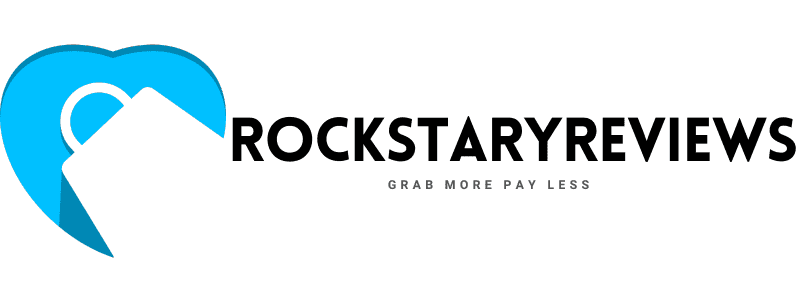
Many marketers insist their work is an art. But at Amazon, it’s art backed by science. And one group supporting that science is the Customer Behavior Analytics-Cross Channel Optimization (CBA-XO) team, which this summer leveraged veteran Amazon data scientists and interns from across the country.
One of those interns is Oritseweyinmi Henry Ajagbawa.
“Every day, I applied new skills to impactful projects at of one of the most influential companies in the world,” he says. “When I was accepted for an internship at Amazon, I had to take it.”
Ajagbawa was one of more than 10,000 interns Amazon hosted virtually this summer. More than 10 percent of those internships were for applied science and data science roles with teams across the company. The majority of science-related internships last between 12 and 16 weeks.
Discovering a new passion
Ajagbawa was born and raised in Lagos, Nigeria. As a teenager, he moved to the United Kingdom, where he completed his undergraduate degree in electrical and electronics engineering at Queen Mary University of London and his master’s degree in finance and accounting at the University of Sheffield.
Initially interested in financial engineering, Ajagbawa took a course in data science, which he loved. “I found data science to be interesting, fun, and easy to wrap my head around,” he says. “And I knew that I could apply these skills in many different industries, not just finance.”
Using data science to fine-tune Amazon’s marketing
Once his family moved to the United States, Ajagbawa began his master’s degree in business analytics at the University of Southern California (USC). During Ajagbawa’s studies at USC, Amazon recruiters invited him to interview for an internship with the CBA-XO team.
It’s exciting to know that the deliverables are something that can actually impact how Amazon approaches marketing.
The team examines the interaction between changes in marketing content and Amazon customer behavior — what they buy, how much they spend, and how they engage with Amazon’s offerings in the long term. The ultimate objective is to make sure customers are easily able to discover the products they’re looking to buy.
The team uses different data science processes to establish the connection between marketing efforts and how they’re helping customers. One of those processes is causal inference. At a high level, causal inference is a set of tools that researchers use to estimate causality from data.
The team presents its findings to senior leadership at Amazon, which uses these findings to help inform decision-making at a higher level. “It’s exciting to know that the deliverables are something that can actually impact how Amazon approaches marketing,” Ajagbawa says.
United in diversity for data science
Ajagbawa wasn’t completely new to data science before interning at Amazon. Last year, he joined and took part in an extracurricular program called Data Science for All / Empowerment (DS4A/E) to accelerate his learning.
The program provides data analytics training to students and professionals from underrepresented communities. “You don’t see many people who look like us in the industry,” says Ajagbawa. “DS4A/E is a place for students, working professionals, and lecturers united by diversity to celebrate common curiosity, interests, and passion for data science.”
Ajagbawa enrolled in the program and traded his Saturdays for lectures, homework, and group work. For his capstone project, Ajagbawa and other students teamed up to apply data-science skills to solve a real-world problem.
Specifically, they set out to uncover a statistically discernible relationship between “redlining,” its impact of lowering tree canopy coverage in disadvantaged communities, and the adverse downstream effects of lower tree canopy coverage on community health. The team confirmed its hypothesis using a linear regression model.
Dozens of teams entered a friendly competition for their capstone projects; Ajagbawa’s team came in second.
“Having your work recognized for its value at a higher level was an amazing feeling,” Ajagbawa says.
A world of possibilities
At Amazon, Ajagbawa made a lasting impression.
“He was able to ramp up very quickly in an ambiguous space, earn the trust of the team, and deliver critical milestones for the project he was working on,” says Lalita Reddi, Ajagbawa’s manager.
Ajagbawa would like to return to Amazon full time once he completes his last semester at USC. But he’s open to other opportunities: “My experiences at Amazon have made me a more well-rounded data scientist. As for the future, I plan to continue improving my skills, and we’ll see what happens next. Whatever happens I will cherish my time in Amazon and CBA-XO.”






